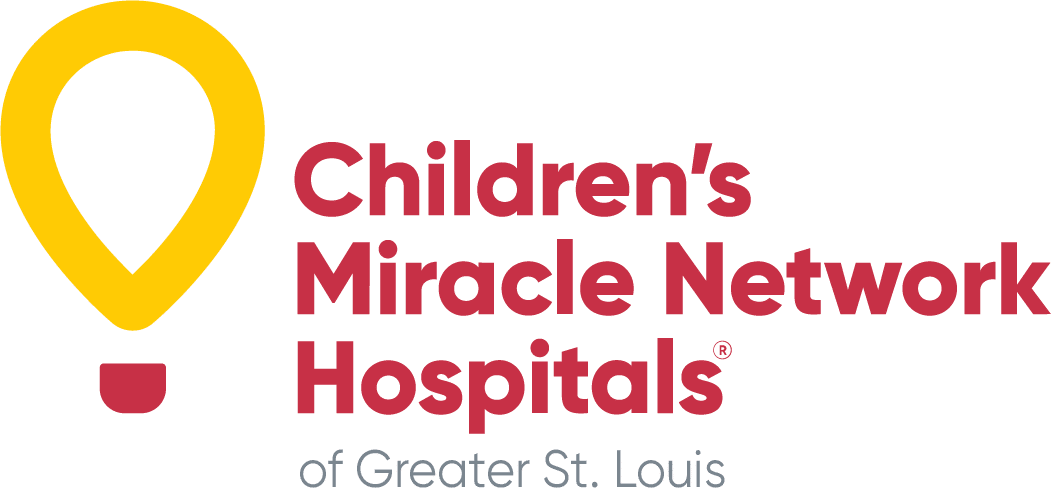Liljana

ACTH Deficiency/Adrenal Insufficiency, Primary Ciliary Dyskinesia, Asthma
St. Louis Children’s Hospital
Liljana's Story
Liljana is a spunky tween who loves crocheting, painting and playing Minecraft with her twin brother. She also enjoys playing her beloved cello, which she has been told she is a natural talent by her university instructor. However, Liljana hasn’t always had the energy to enjoy all these activities. Since the age of 2, her health has been a rollercoaster of allergies, asthma and colds that would quickly escalate to bronchitis or pneumonia. After repeated illnesses and hospital stays, Liljana and her family embarked on what would become a long and complicated medical journey.
Liljana faced chronic lung, ear and sinus infections for many years. It was during this time that Liljana’s family started a journey to understand a rare genetic condition known as primary ciliary dyskinesia (PCD) and the role it played in her health. PCD prevents your body from clearing out germs, so her family’s main priority was keeping her healthy and following therapy plans to help her airway and sinuses remain clear.
At some point she contracted a stomach bug and became extremely dehydrated. Liljana became so sick that she had to be transported to St. Louis Children’s via the Mobile Intensive Care Unit from her community hospital. When the same thing happened a few months later, her family became increasingly concerned with how her illnesses would quickly become severe.
Despite their best efforts, both Liljana and her twin brother, Roman, got COVID-19 in 2022 at 9 years old. The same day that she tested positive, Liljana’s fever skyrocketed to a life-threatening 106 degrees, and she became very lethargic. Her mom, Michelle, took her immediately to the St. Louis Children’s Emergency Department (ED). She managed to walk into the ED on her own, but within a few hours became unresponsive and had to be put on a ventilator. She was in the Pediatric Intensive Care Unit (PICU) for almost a week. Liljana’s care team assumed her symptoms were a severe reaction to COVID-19. Surprisingly, a few weeks later, the unimaginable happened — her symptoms returned and Liljana was once again hospitalized, but this time there was not a COVID-19 diagnosis. Liljana was so sick by the time she arrived at St. Louis Children’s she was unable to walk into the ED and was rushed to the PICU. The team was determined to discover why this was happening again. After nearly two weeks in the hospital, Liljana was diagnosed with another rare condition known as adrenal insufficiency (AI), which is an uncommon illness that occurs when the body doesn’t make enough chemicals such as adrenocorticotropic hormone (ACTH) and cortisol. There is no cure, but it is manageable with medication.
Liljana recently had another alarming adrenal crisis, but the action plan created by her endocrinologists and STARS (Special Needs Tracking and Awareness Response System) helped her mother and first responders provide prompt critical care until she arrived at the St. Louis Children’s ED. Fortunately, she avoided the PICU and recovered with a brief hospital stay. STARS is a one-of-a-kind program developed and maintained by multiple pediatric hospitals and used by many emergency and EMS agencies and allows medical professionals to access important patient information and care instructions before they even arrive at the patient’s side.
Liljana’s family is thankful to have a team capable of managing her rare conditions so she can thrive. Since her diagnosis and treatment, Liljana has grown several inches and clothing sizes, a sign she is on the right track. Because of Liljana’s persistent hospital stays, Child Life Services was a critical resource for her family. Liljana’s mom is also grateful for the teachers in the School Program and the help they provided during her sudden absences from school and advocating on Liljana’s behalf with administrators. Her twin, Roman, who was also cared for emotionally by Child Life Services due to the trauma of Liljana’s illness, is thankful to have his sister healthy.
How CMN Funds Help Liljana and Kids Like Her:
Because of support from CMN, kids like Liljana have access to donor-funded programs like Child Life Services and Transport Services. These programs are critical not only for the children facing a life-threatening illness or injury but also for the support and care they provide to patient families. The Child Life Department supported Liljana by using play, music, art, recreation and education techniques. They also helped Michelle and Roman by showing them ways to cope and lessen their own stress and anxiety while observing Liljana’s care team discover answers and treatments for her illnesses.
